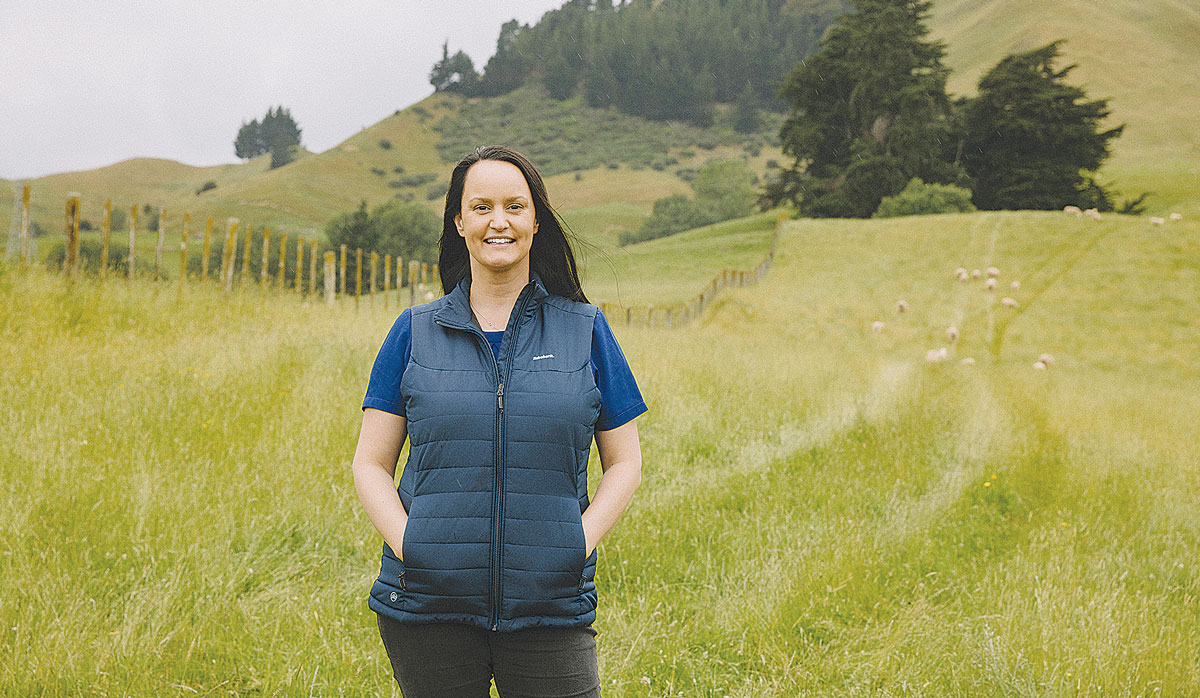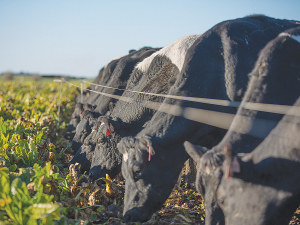A warning for some people in the dairy industry to expect more pain before things come right by the end of the year.
Rabobank's agricultural analyst Emma Higgins told Dairy News that overall on-farm costs have risen by 13% while farmgate returns have dropped about 11%.
She says this is very painful for some farmers who are going through a significant period of adjustment.
"If you look at the year-on-year change, we are seeing a lot of the costs manifest in things like dairy shed expenses, which are up by 11%; fertiliser the same. But what is really driving that is interest rates, which are up 50% from this time last year and of course insurance premiums are up by just under 10%," she says.
But Higgins says the pain is not spread evenly across the sector, based on the current prediction of an $8/kgMS farmgate milk price.
She says those farmers who have a lower cost structure have a competitive advantage, as do farmers who have lower farm expenses and higher debt. She adds that those with low debt and high expenses are also faring okay. "But there is a portion of farmers with high costs and who are highly leveraged that are feeling the pressure," she says.
What's driving this globally, she says, is that right now there is a bit more milk and a bit less demand. She says, in the second quarter of the year, milk production in the northern hemisphere rose slightly, while at the same time China took a step back in their buying activity. But the good news is that in the next few months milk production globally will slow down with growth expected to be in the order of 0.5%.
"While Kiwi farmers are feeling the pain, so are farmers elsewhere, especially in the US, and we are starting to hear that margin pressure come through in parts of Europe as well," she says.
This is likely to play out in the next six or so months. At the same time, milk production in NZ is expected to only increase marginally. She says there are unknowns at home, such as the weather and what impact the wretched season for maize crops will have.
What happens in China will also have an impact and Higgins says while milk production there is still growing, signs are that this may be slowing and that cost pressures are starting to impact on some of the larger corporate farms. She says the farmgate milk price there is also dropping.
 |
|---|
|
Emma Higgins, Rabobank, says the pain is not spread evenly across the sector, based on the forecast $8/kgMS farmgate milk price.
|
A Comparison
Higgins says while the present situation is serious for many dairy farmers, in a wider context it is probably not as bad as the downturn in the industry in 2015/16 which saw farm budgets tightened and a complete reset of the industry.
She says on that occasion the farmgate milk price fell by as much as 55% and there were ongoing challenges going into the 2016/17 season. She says the situation now is quite different to what it was then.
"We are not at that downturn era. There are more options for farmers now to cope with the volatility, such as Fonterra's fixe milk price scheme and other options provided by third parties."
Meantime, farmer confidence remains low and at the back of many farmers' minds is what might happen in the October election. Higgins says, while the election and what an incoming government may or may not do is a conversation topic for farmers, top of their agenda remains rising costs. For dairy farmers, however, their focus right now is on calving and only when that's over will they start thinking about the other issues.
"I believe there is a little bit more darkness before the dawn starts to emerge and in the coming weeks are still likely to see some of that pressure emerge in the GDT. We think that when China works through its oversupply and inventories towards the end of the year and into the new year, we will likely see more price supportive activity coming through from China," she says.



















